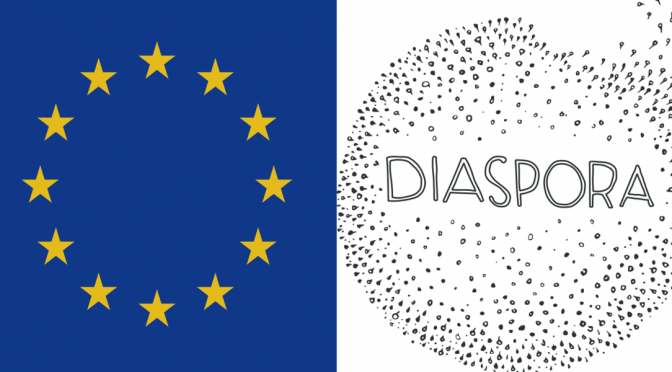Category: Law
-

Options Beyond #DeleteFacebook : GDPR and Diaspora
I want to point to two things that exist already, and only need more adoption, that seem like the right direction after Cambridge Analytica and Facebook’s phone-scraping practices. One is legal (the GDPR), and the other is technological (Diaspora). Neither of them seems likely to become part of modern American life overnight, but I think…